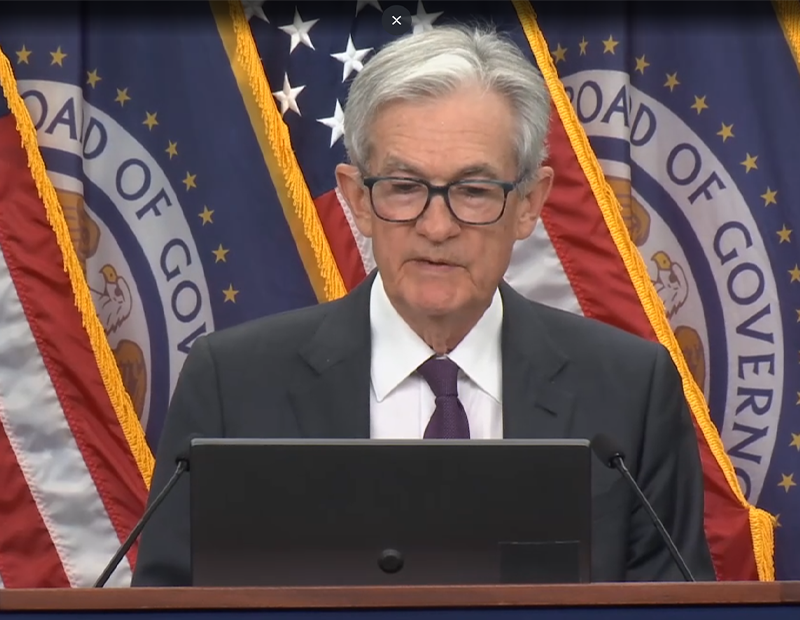I Want a New Drug — Analogy, That Is
I have heard "this economy is on steroids" too many times at conferences this year. Speakers have typically made this comment when talking about federal efforts to contain some of the worst effects of the financial crisis. Whether it is stimulus spending or TARP money, the thinking is that these federal dollars are simply performance enhancing drugs. It is as if these investors are dismissing the growth we are seeing out there today, painting it with an asterisk as if it is not a true achievement. These speakers have the analogy reversed.
By Jim Costello, Principal of CBRE Econometric Advisors Group
With apologies to Huey Lewis, I think that commercial property investors are using the wrong drug analogy when talking about the economy and the property markets today. I may not need a new drug, but I am looking for a fresh analogy.
I have heard “this economy is on steroids” too many times at conferences this year. Speakers have typically made this comment when talking about federal efforts to contain some of the worst effects of the financial crisis. Whether it is stimulus spending or TARP money, the thinking is that these federal dollars are simply performance enhancing drugs. It is as if these investors are dismissing the growth we are seeing out there today, painting it with an asterisk as if it is not a true achievement. These speakers have the analogy reversed.
According to a gym trainer I know, steroids help to boost the creation of muscle mass by reducing all the stress related chemicals that build up after a hard workout. They interrupt the natural healing processes that tend to break up some of the muscle mass gained when exercising. Contrary to the popular image of the meaty gym-rat, this trainer is quite against steroids, noting that those drugs are dangerous as they do not allow the body to heal itself and shut down excessive growth that can become cancerous.
If anything, the period from 2003 to 2007 was when the economy was truly on steroids and we are dealing with the effects of cancerous growth now. A loose regulatory environment allowed mistakes to be piled up on top of other mistakes with nobody looking back to gauge the risks that were undertaken.
I think the drug analogy to use today is chemotherapy. There is disgust in the market today at the medicine of the buildup in federal deficits and the high rate of government spending. However distasteful these excessive spending measures may be, like the toxic drugs used in chemotherapy, they are necessary to prevent a greater calamity.
With the benefit of hindsight, Milton Friedman prescribed these measures as the right medicine to prevent the worst effects of the Great Depression. His research showed that the worst effects could have been avoided had the Federal Reserve simply expanded the money supply and bought up distressed assets like mortgages from the market.
The end results of the benefit of this medicine can be seen in the performance of the office markets. Early editions of BOMA’s Experience Exchange Report show that office vacancy in New York hit the 30 percent range from the after effects of the Great Depression. By contrast, both Midtown and Downtown Manhattan stood at 7.5 percent vacancy rates in the first quarter of 2010. Any commercial property investor that decries the actions of Paulson, Bernanke, Geithner and the rest should really be thankful for what they have done for us.








You must be logged in to post a comment.